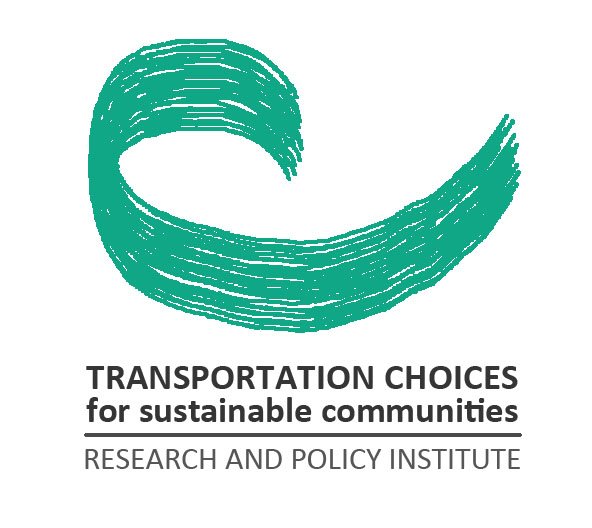WTPP has a commitment to sustainable transport that embraces the urgent need to cut global emissions of carbon dioxide, encourage the efficient and effective use of existing instead of building new transportation infrastructure, and highlight the importance of future generations, the poor, those who live in degraded environments, and those deprived of human rights by planning systems that put a higher importance on economic objectives than on the environment and social justice.
WTPP embraces a different approach to science and through science to publishing. This view is based on an honest evaluation of the track record of transport planning, engineering, and economics. All too often, these interrelated disciplines have embraced quantitative, elitist, or mechanistic views of society, space and infrastructure and have eliminated people from the analysis. Therefore, the Journal explicitly encourages and promotes human-based transportation solutions and will continue its mission to directly address the ways in which transportation can benefit water and air quality, biodiversity, social spaces, social justice, and quality of life in both rural and urban areas, rich and poor countries alike



